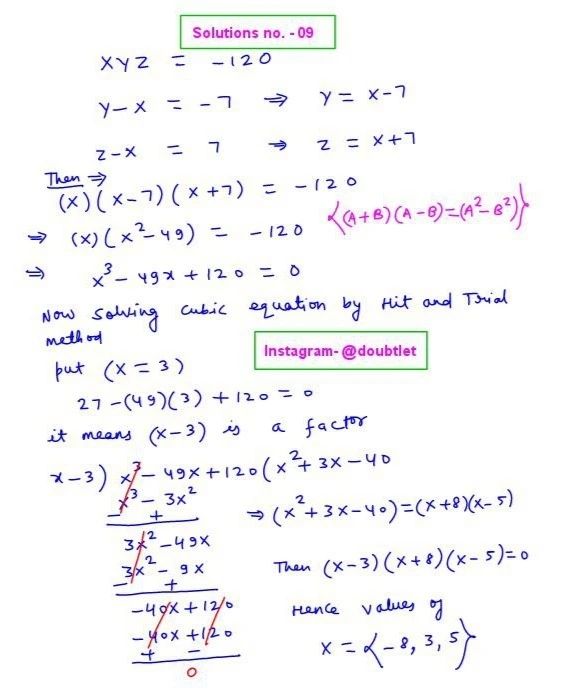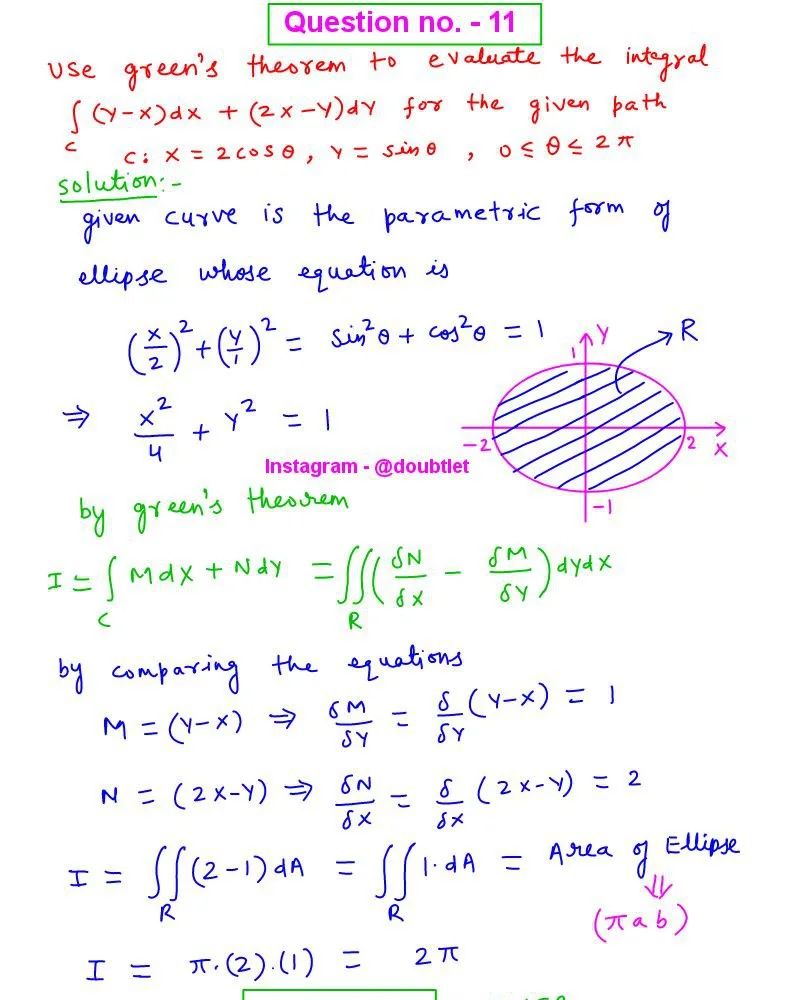
Neetesh Kumar | December 4, 2024
Calculus Homework Help
This is the solution to Math 1D
Assignment: 14.3 Question Number 27
Contact me if you need help with Homework, Assignments, Tutoring Sessions, or Exams for STEM subjects.
You can see our Testimonials or Vouches from here of the previous works I have done.
Get Homework Help
Step-by-step solution:
Step 1: Compute the first partial derivatives
Partial derivative of u with respect to r:
Differentiating u=e4rθsin(θ) with respect to r:
∂r∂u=∂r∂(e4rθsin(θ)).
Since sin(θ) is treated as constant with respect to r:
∂r∂u=4θe4rθsin(θ).
Step 2: Compute the second partial derivative with respect to r:
Differentiating ∂r∂u=4θe4rθsin(θ) again with respect to r:
∂r2∂2u=∂r∂(4θe4rθsin(θ)).
Using the chain rule, we get:
∂r2∂2u=16θ2e4rθsin(θ).
Step 3: Compute the third partial derivative with respect to θ:
Differentiating ∂r2∂2u=16θ2e4rθsin(θ) with respect to θ:
∂r2∂θ∂3u=∂θ∂(16θ2e4rθsin(θ)).
Using the product rule:
∂r2∂θ∂3u=∂θ∂(16θ2e4rθ)sin(θ)+16θ2e4rθ∂θ∂sin(θ).
Now, calculate each term:
-
∂θ∂(16θ2e4rθ)=16⋅2θ⋅e4rθ+16θ2⋅4r⋅e4rθ=32θe4rθ+64rθ2e4rθ.
-
∂θ∂sin(θ)=cos(θ).
Substitute back into the equation:
∂r2∂θ∂3u=(32θe4rθ+64rθ2e4rθ)sin(θ)+16θ2e4rθcos(θ).
Final Answer:
∂r2∂θ∂3u=(32θe4rθ+64rθ2e4rθ)sin(θ)+16θ2e4rθcos(θ)
Please comment below if you find any error in this solution.
If this solution helps, then please share this with your friends.
Please subscribe to my
Youtube channel for video solutions to similar questions.
Keep Smiling :-)














Leave a comment